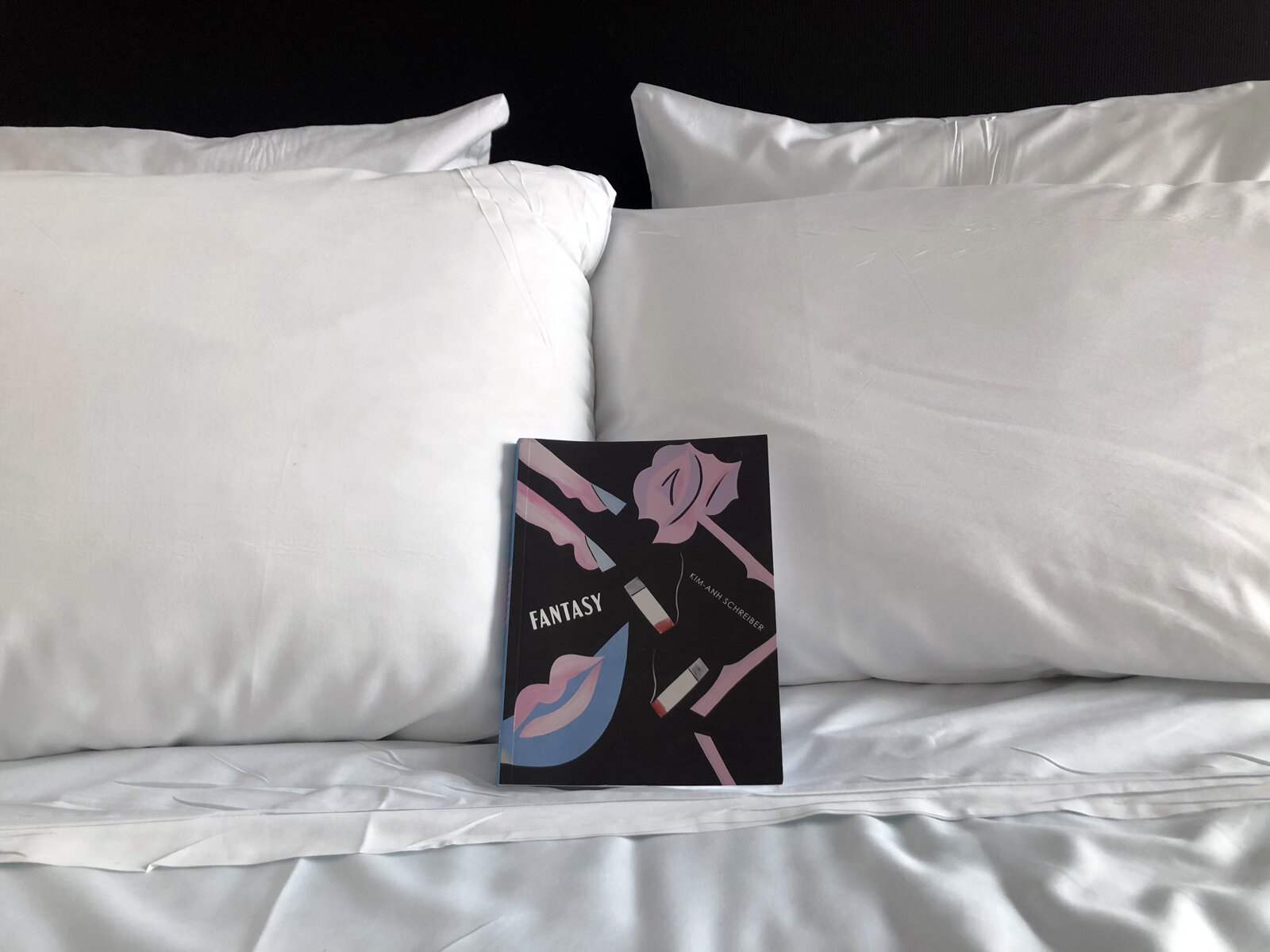DialPak Contraceptive Dispenser, ca. 2001
Invented by David P. Wagner in 1964
Photo: Erik Gould
Fisher-Price Nursery Monitor, 1983
Photo: Erik Gould
text by Hank Manning
Everyone is born, but the tools that facilitate (or prevent) this process are generally neglected by museums, the very institutions meant to chronicle the human experience. Our male-dominated society has placed more value on the female form—one of the more common sights at most art museums—than the wellbeing of women. Designing Motherhood: Things That Make and Break Our Births, at the Museum of Arts and Design, inverts this to consider how objects, from IUDs to forceps to cradles, have supported, and at times threatened, the wellbeing of mothers and their children. It highlights, furthermore, how disparity of access to these tools has reinforced racial and economic inequality.
The exhibition occupies the museum’s entire fourth floor. Walking clockwise from the elevators around the perimeter, the objects generally follow the timeline of motherhood, from conception to postpartum. Immediately apparent is the sheer multitude of items designed for each stage.
These inventions have provided some women with the freedom to delay, prevent, or end a pregnancy. A schematic banner shows dozens of patents issued for contraceptives. Older band and ring designs have gradually shrunk and evolved into T-shaped inserts. Tools to procure abortions have also shrunk, from a foot-pump connected to two jars circa 1960 to Mifepristone tablets, in an unassuming white box, today.
Installation view. Photo: Jenna Bascom
Designs for commercial products consider both style and utility. The wooden Tripp Trapp chair features a minimalist form in the shape of an italicized L. The Resus-A-Cradle, created by a midwife, with the appearance of a mummy’s sarcophagus, positions a newborn’s body for easy breathing. Some stroller innovations have sought ease of use, like the six-pound aluminum-framed “Umbrella” stroller, while others, in hot pink and baby blue, sell as eye candy.
Installation view. Photo: Jenna Bascom
In the center of the exhibition, mannequins adorn clothes for “temporary bodies.” Corsets and girdles, popular from the 15th century onwards, reshaped pregnant women’s bodies to conform to beauty standards without concern for comfort or safety. The Page Boy skirt defied norms, in a society that still considered pregnancy something to hide, upon its 1938 release by allowing wearers to freely adjust for and reveal the curves of their growing waists. Since the 1960s, elastic clothing, like the velvet unitard Bumpsuit, has become popular. Today, pregnant women hold a wide variety of jobs: a US Army maternity uniform, with a camouflage green shirt and pants, looks hardly different from any other military outfit, except for its looser midsection. These outfits, always visible in our peripheral vision, suggest a model of progress for the other sections: designs should make mothers’ lives more comfortable and accessible.
Deborah Willis
I Made Space for a Good Man, 2009
Lithograph
Photographs evoke mothers’ attitudes towards their rites of passage. Intimate stills show tender love as well as fatigue experienced caring for newborns. In three self-portraits titled I Made Space for a Good Man, Deborah Willis reclaims a spiteful comment that she took up the space of a “good man” by working as a professor while pregnant, declaring that she made space in her body for a “good man,” her son and fellow artist Hank Willis Thomas.
Birth control pills, cesarean sections, baby formula, and many other innovations have saved countless lives, but access remains unequal. Over time, the universal experience of birth has become less natural and more varied. A National Call for Birth Justice and Accountability, on display, decries that the US suffers the highest rate of maternal death of any developed nation, with women of color disproportionately falling victim at a ratio of nearly 4:1 as compared to white mothers. Relatedly, medical bills reveal that childbirth in the US costs more on average than any other country. Barriers are not only economic but also political. In fourteen languages, green posters featuring the face of the Statue of Liberty describe abortions as “legal, safe, and available.”
By focusing on the designs that shape reproductive health, we recognize them as central to our shared human story.
Designing Motherhood: Things That Make and Break Our Births is on view through March 15 at the Museum of Arts and Design, 2 Columbus Circle, New York




